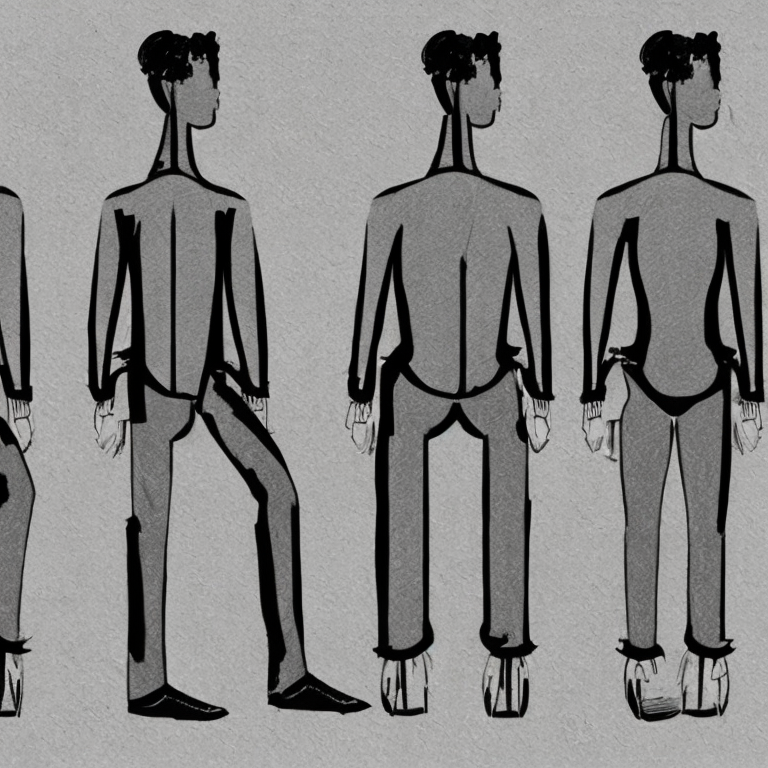Understanding oneself and others is a complex and continuous journey that often requires introspection and thoughtful exploration. In this article, we will delve into six intriguing questions that can help deepen self-awareness and foster a better understanding of those around us.
The first question encourages us to contemplate our perspective on mortality. It presents a hypothetical scenario where we have a sealed envelope containing the date of our death. Would we open it to learn the inevitable? This question challenges us to consider our stance on the knowledge of our own mortality and reveals how individuals approach the concept of destiny and the impact it might have on their remaining time. By exploring our attitudes towards death and the inevitability of it, we may find a greater sense of appreciation for life and a more meaningful approach to living.

Moving on, the second question takes a unique angle on self-reflection by asking if we would be friends with ourselves. This question goes beyond the initial inclination to embrace the idea of an additional version of oneself. It encourages a more critical analysis, considering both positive and negative aspects. It invites us to ponder how well we truly know ourselves, exploring our strengths, weaknesses, and our capacity for compassion towards our own flaws. By reflecting on our own self-perception and how we relate to ourselves, we may gain a deeper understanding of our relationships with others.
The third question encourages us to identify the qualities that make us distinct from others. What sets us apart from those around us? By pinpointing the characteristics that contribute to our individuality, we gain insights into our unique strengths and potentially discover areas where we can further develop our personal identity. This question allows us to recognize and appreciate our differences, which can lead to greater acceptance and understanding of others.
Delving into moral dilemmas, the fourth question confronts the hypothetical scenario of infidelity. It asks, if one were to cheat on a partner and keep it a secret, would honesty prevail in the end? This question explores the depth of personal integrity, honesty, and the realistic approach one might adopt when facing the consequences of their actions. By examining our own moral values and how they might play out in difficult situations, we can gain a greater understanding of our personal beliefs and how they shape our behavior.

The fifth question addresses the moral compass within the context of meeting a child’s needs. It presents a hypothetical scenario where providing for a hungry child requires committing a crime. Would the end justify the means? This ethical query prompts us to evaluate our values, considering the fine line between meeting basic needs and compromising our principles. It serves as a reminder of the timeless struggle to balance morality with necessity. By examining our own ethical beliefs and how we prioritize them, we can gain a deeper understanding of our own values and how they align with our actions.

Finally, the sixth question ventures into the realm of gender dynamics. It presents a hypothetical scenario where men and women inhabit separate planets. What distinct features would define each world? This question challenges us to reflect on gender roles and stereotypes, encouraging a more inclusive and egalitarian perspective. By examining our own beliefs and attitudes towards gender, we can gain a greater understanding of the cultural influences that shape our perceptions.
In conclusion, these thought-provoking questions serve as windows into the complex landscape of human nature. As we contemplate our responses, we embark on a journey of self-discovery and understanding that can lead to more meaningful connections with those around us. By examining our own beliefs and attitudes, we can gain a deeper understanding of ourselves and others, fostering greater empathy and understanding in our relationships.
